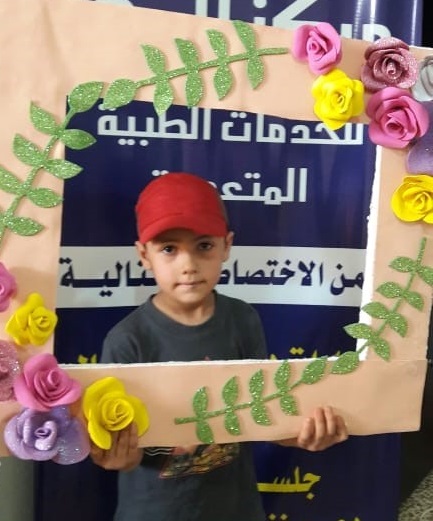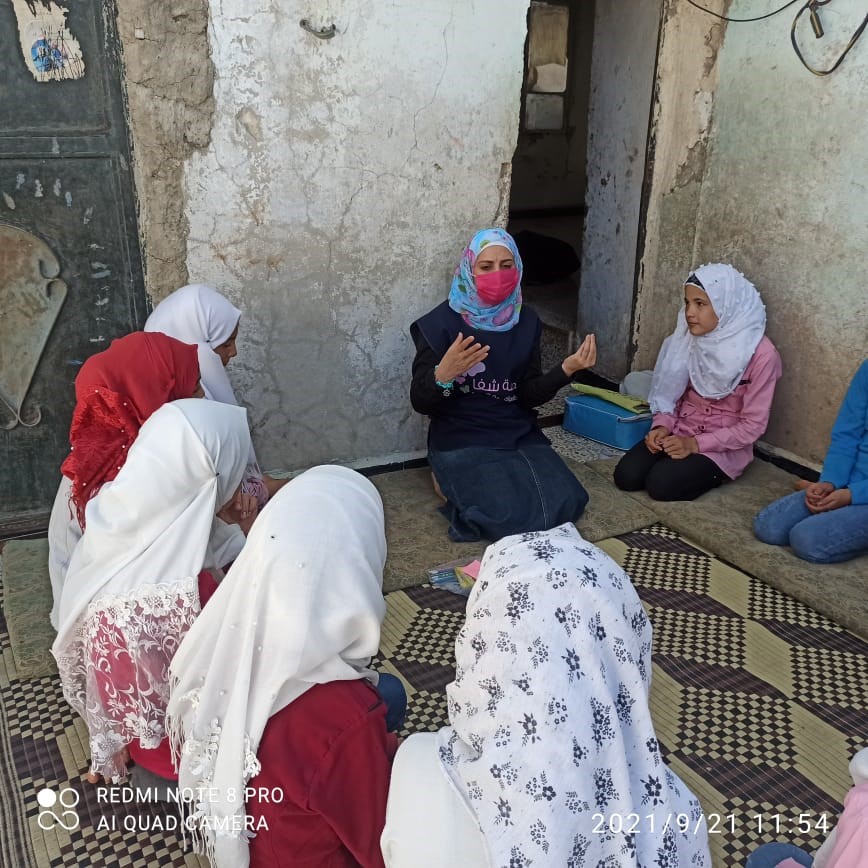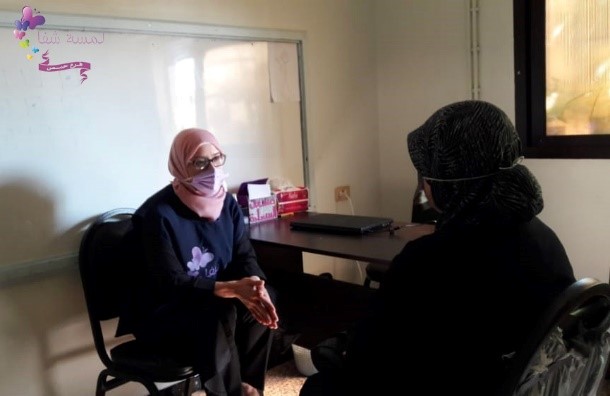Abd

Abd, 7, lives in Dar Kabira, Syria and suffers from nocturnal enuresis. His mother took him to the paediatric clinic at the community centre where, upon examination, the physician found no physiological cause for the condition and referred the child to the psycho-social support team.
Abd attended WHO-supported individual sessions together with his mother. He was engaged in a psychosocial programme while his mother was given guidance on ways in which she can help her son. Abd’s conditions gradually improved. Abd celebrates his small victories as he has finally overcome his medical condition and feels extremely proud.
Rawaa Najia
Rawaa Najia, 14, lives in Grandad village in Syria. She has been attending psychosocial support sessions held by WHO team during regular visits to the village. Rawaa used to shy away when upset and have difficulty expressing her feelings and communicating with her mother and peers in groups.
After attending sessions focused on self-expression, Rawaa has strengthened her skills in verbal communication and finds herself able to deal with her emotions. This in turn has positively impacted her relationship with her mother and time spent with friends and neighbours.
Hamida
Hamida, 51, lives in Aldar Alkabira, Syria. While she was recovering from COVID-19, she felt completely isolated as her extended family and friends stopped calling her stigmatizing her current condition. Hamida was distressed and afraid that she can pose a danger for her family.
Hamida called the local psychosocial support centre supported by WHO and shared her feelings. Through the phone, the psychotherapist raised her awareness about the COVID-19 virus and what healthy practices she could exercise to avoid the stress. After recovery, Hamida continued visiting the centre and being engaged in individual sessions. Now she feels stronger physically and mentally. “It was very helpful having someone to talk to and confide in at the difficult time, especially, when feeling guilt and fear,” says Hamida.




